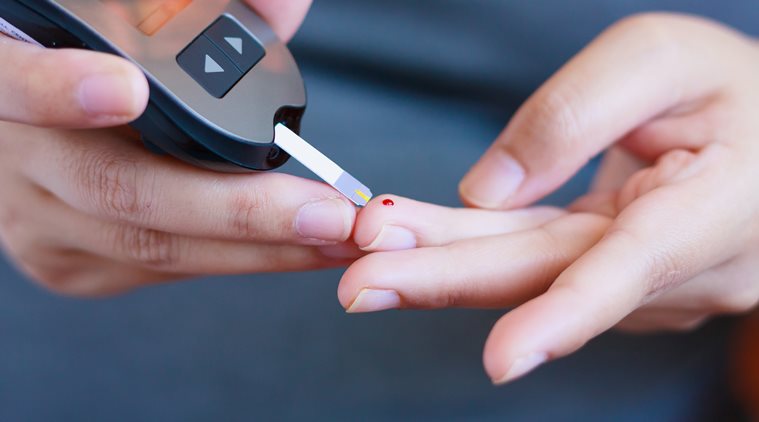How to manage your diabetes before starting IVF
Making healthy lifestyle choices, managing your blood sugar levels, and optimising your preconception health is good for you as well as for the health of your baby.

By Dr Sneha Sathe
If you have diabetes and are planning a pregnancy, it is very important to be as healthy as possible before conceiving and during pregnancy. Untreated diabetes increases your risk for pregnancy complications like high blood pressure, preterm labour, caesarean delivery and perinatal depression. There is also an increased risk of miscarriage, birth defects, macrosomia or foetal growth restriction and intrauterine fetal death.
Making healthy lifestyle choices, managing your blood sugar levels and optimising your preconception health is good for you as well as for the health of your baby. The same applies to diabetic women struggling with infertility and planning IVF.

Ideally, it is best to wait until your diabetes is well-controlled and there are no other health problems. This may take anywhere between two to six months. Your fertility specialist will recommend a consultation with an endocrinologist or a diabetes specialist. This will include reviewing your diabetes management to ensure blood glucose levels are within the target range, being checked for diabetes-related complications, starting high dose folic acid supplements, having a review of your current medications and routine blood tests. Some of the oral hypoglycaemic agents that are advised for diabetics are not safe to be taken during pregnancy. Your endocrinologist may suggest switching to Insulin which can be continued even after you conceive. The HbA1C is a blood test that gives an idea of your blood sugar levels over the past two to three months. It is usually advisable to reach a specific hemoglobin A1C level (6.5) before beginning your IVF cycle or before planning a pregnancy.
Also Read |Breastfeeding tips for mothers and infants with diabetes
During the IVF cycle, regular blood sugar monitoring, compliance regarding diet and medication advice is of utmost importance. With IVF, the risk of multiple pregnancy is related to the number of embryos transferred in the IVF cycle. Twin pregnancies are known to be associated with a higher risk of miscarriage, preterm labour, low birth weight and pregnancy complications like preeclampsia, caesarean delivery and post partum haemorrhage. For diabetic women with twin gestation, these risks are further increased. Hence, it is advisable to transfer a single (blastocyst) embryo rather than transferring two embryos. Transferring more than two embryos is not recommended even for healthy women with no medical complications.
Pregnancy can change how your body uses glucose, so your treatments for diabetes may need to change. Even after a pregnancy is achieved it is important to continue healthy lifestyle behaviour, medication compliance, regular monitoring of sugar levels and regular antenatal visits.
(The writer is Fertility Consultant, Nova IVF Fertility Mumbai.)
For all the latest Parenting News, download Indian Express App.
Source: Read Full Article


